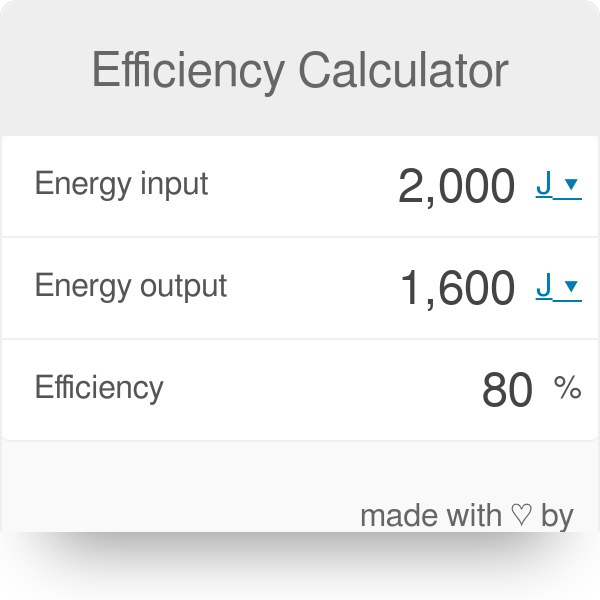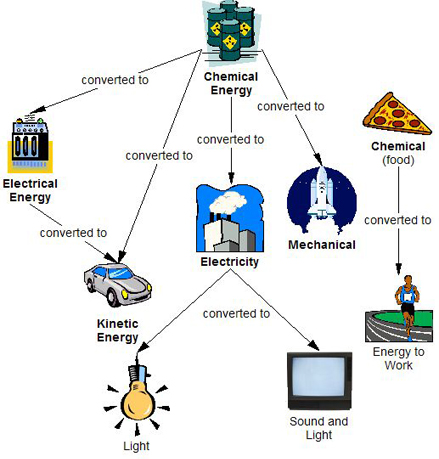What Does Energy Efficiency Mean In Chemistry

The chemical energy in food is converted by the body into mechanical energy and heat.
What does energy efficiency mean in chemistry. It may exist in potential kinetic thermal electrical chemical nuclear or various other forms. That is squeezing as much useful power out of as little energy as possible and not letting any go to waste. Ultimately energy efficiency means doing more with less. The law of conservation of energy is a physical law that states energy cannot be created or destroyed but may be changed from one form to another.
In doing work the energy is changed from one form to one or more other form s. Kinetic energy kinetic energy is the energy of motion. Such reactions are called exothermic reactions that require an input of heat to proceed may store some of that energy as chemical energy in newly formed bonds. All efficiency articles in chemistry world news research and views from across the chemical sciences this site uses cookies from google and other third parties to deliver its services.
The ability to do work. Potential energy this is energy due to an object s position. Chemical energy energy stored in the bonds of chemical compounds chemical energy may be released during a chemical reaction often in the form of heat. Energy in physics the capacity for doing work.
Another way of stating this law of chemistry is to say the total energy of an isolated system remains constant or is conserved within a given frame of reference. Learn more about energy in this article. Energy assumes several forms. Since a chemical transformation is accompanied by a change in one or more of these kinds of structure it is invariably accompanied by an increase or decrease of energy of the substances involved.
A measure of how efficiently an appliance building organization or country uses energy meaning pronunciation translations and examples. Efficient energy use sometimes simply called energy efficiency is the goal to reduce the amount of energy required to provide products and services. Heat heat or thermal energy is energy from the movement of atoms or molecules. It may be thermal in the form of heat electrical mechanical chemical radiant or kinetic.
It may be considered as energy relating to temperature. Take an old style light bulb for example. For example insulating a home allows a building to use less heating and cooling energy to achieve and maintain a thermal comfort. Energy en er je power that may be translated into motion overcoming resistance or causing a physical change.
A swinging pendulum has kinetic energy.














































